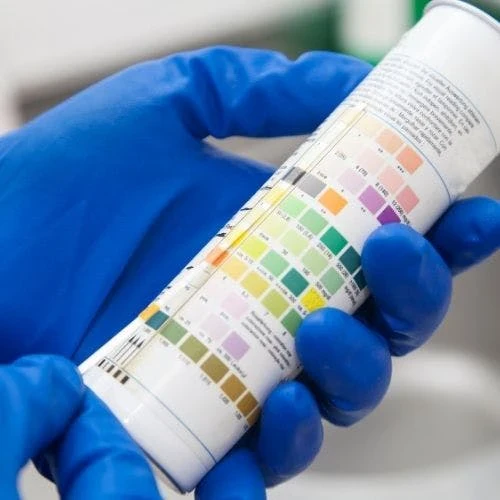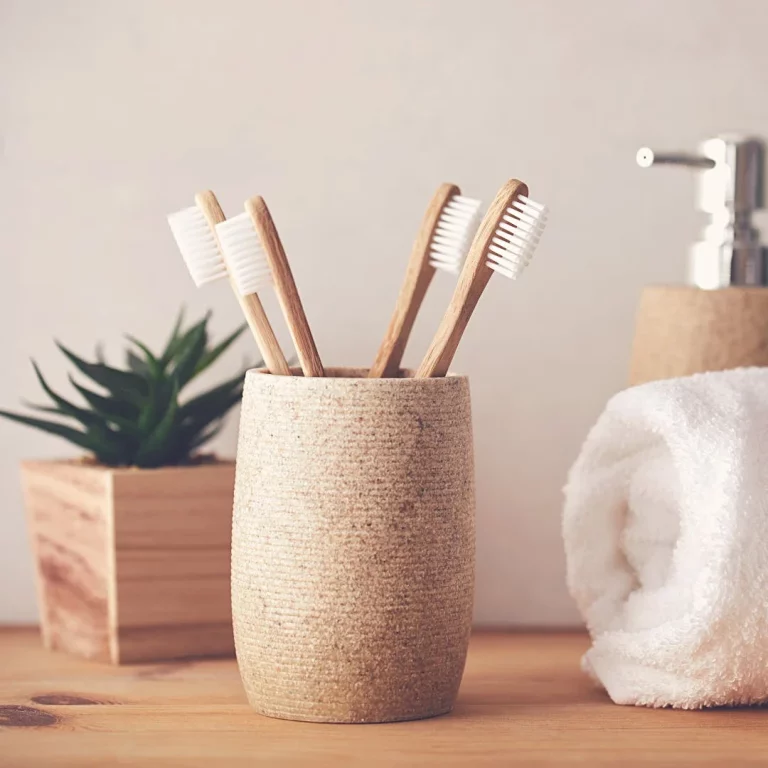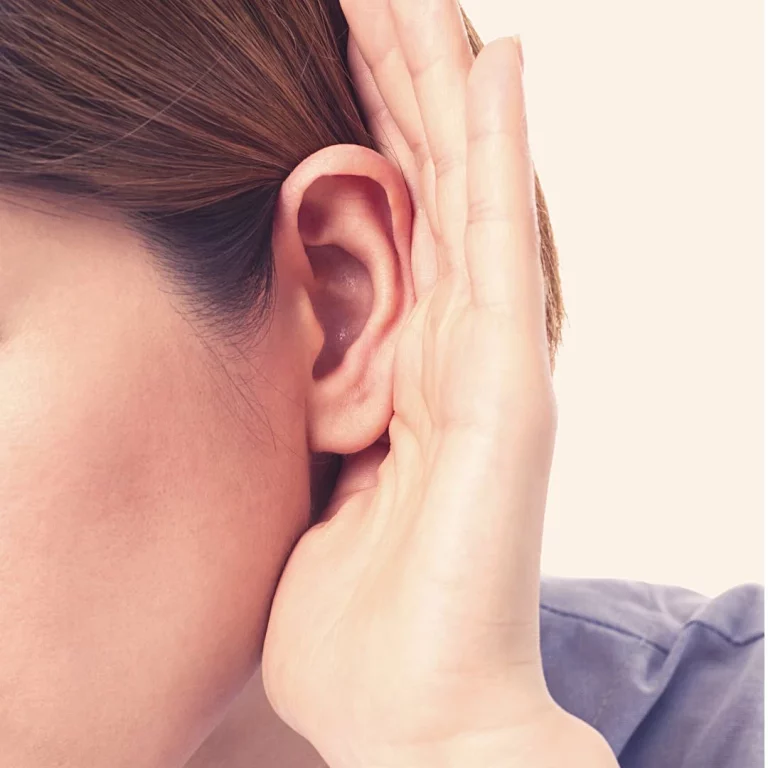What Foods Cause Cavities 140/14
Foods that are high in sugar and carbohydrates can contribute to the development of cavities in teeth. Bacteria in the mouth use sugar and carbohydrates to produce acids that can erode tooth enamel and lead to cavities. Examples of foods that can cause cavities include candy, soda, sports drinks, sugary cereals, pastries, and other sweets. Foods that are sticky or tend to linger in the mouth, such as dried fruits, taffy, or popcorn also have a higher risk of causing cavities. It’s important to maintain good oral hygiene habits, such as brushing and flossing regularly, to help prevent cavities.
Are Cavities Genetic?
The risk of developing cavities can have a genetic component, but it is not necessarily determined solely by genetics. Certain genetic factors can affect the development of tooth enamel, the mineralized outer layer of teeth that provides protection against cavities. However, environmental factors such as diet and oral hygiene habits also play a significant role in the development of cavities. Additionally, some people may have a higher risk of cavities due to medical conditions or medications that can affect the health of their teeth. While genetics can contribute to an increased risk of cavities, it is not the sole determining factor, and practicing good oral hygiene habits and maintaining a healthy diet can help prevent cavities regardless of one’s genetic predisposition.
Related: Neon Yellow Pee – What Causes It?
How Can You Prevent Cavities?
There are several ways to prevent cavities. You should brush your teeth at least twice a day using a fluoride toothpaste. Flossing at least daily, and ideally after every meal, can help to remove food particles and plaque from between teeth. If you are able to, try using an antiseptic mouthwash to kill bacteria and freshen your breath. As mentioned above, limit sugary and acidic foods and drinks, including candy, soda, and sports drinks. Be sure to also eat a healthy diet rich in fruits, vegetables, and whole grains. Chewing sugar-free gum after meals can also help. This helps to stimulate saliva production, which helps neutralize acids and wash away food particles. Along with other health benefits, drinking plenty of water is helpful to oral health as well. This will help to keep the mouth hydrated and rinse away food particles and bacteria. Finally, be sure to get regular dental checkups and cleanings to detect and treat cavities early before they become more serious. By following these preventive measures, you can reduce your risk of developing cavities and maintain good oral health.
We discuss products we think are useful to people. If you buy something through our links, we may earn a commission. Remember to check with your personal physician to see if a product recommended is right for you.








